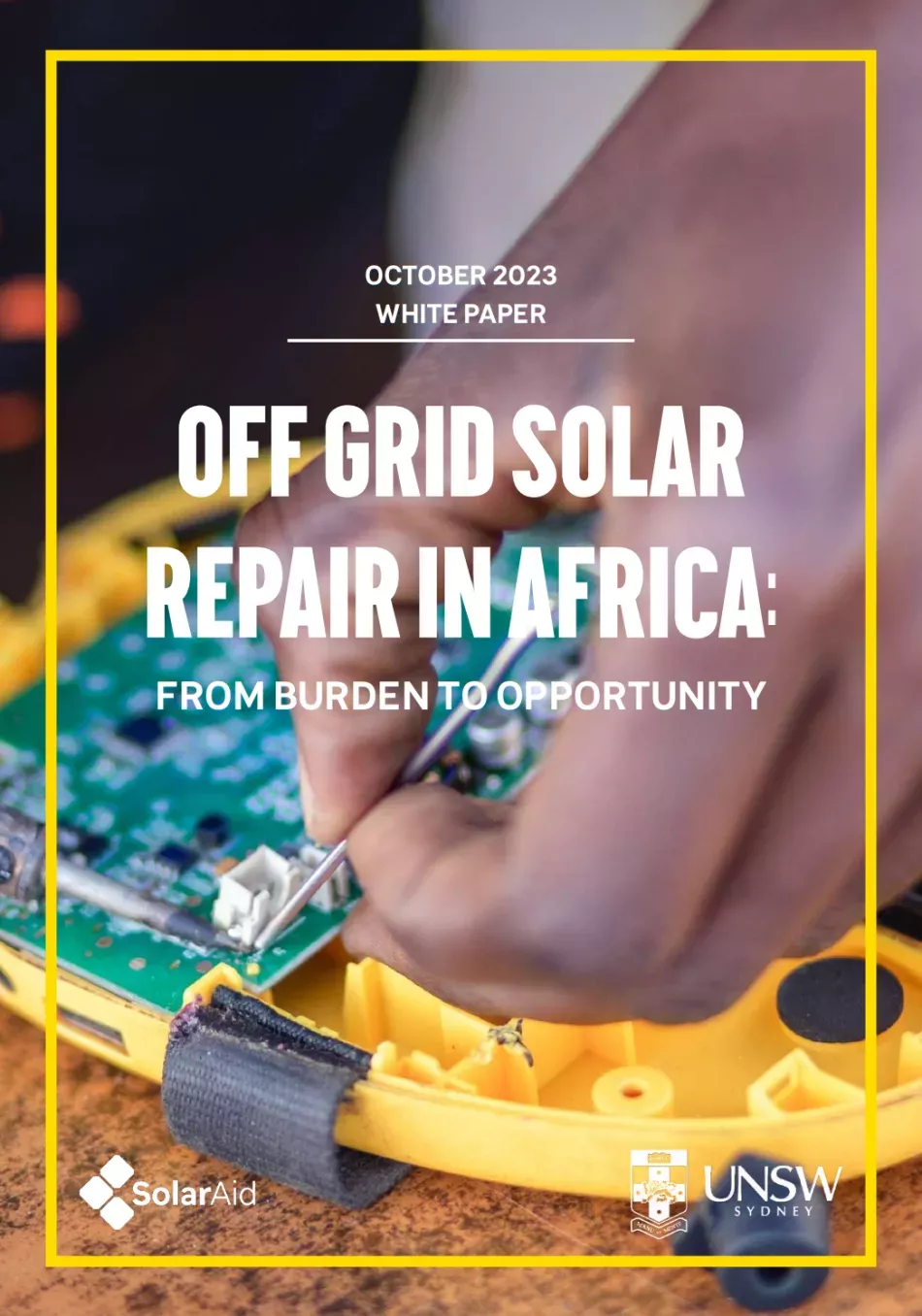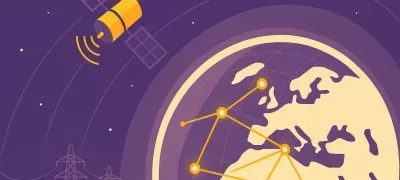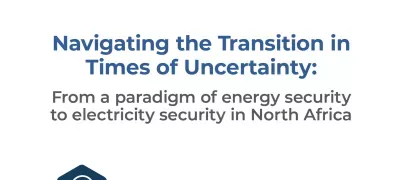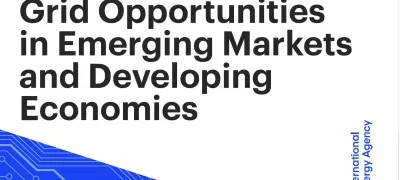
The distribution of solar energy kits (SEKs) across Africa since 2010 has significantly improved electricity access for millions, but approximately 75% of these kits have likely stopped functioning, posing sustainability challenges. While SEK recycling initiatives face logistical and infrastructural constraints, repairing and extending the lifespan of these kits emerges as a more viable and environmentally sustainable solution, fostering local repair economies and enhancing customer value.
Opportunities exist for companies in Africa's off-grid solar sector to embrace repair and refurbishment operations, offering benefits such as improved customer value, brand strengthening, and job creation. However, potential regulatory changes and investor requirements may pose future risks for companies that do not prioritize repair practices. SolarAid's Solar Saver project in Zambia demonstrates the high potential for SEK repair, with around 90% of kits successfully repaired at a relatively low cost, though barriers like limited access to repair manuals and trained technicians persist.
Recommendations for developing an effective SEK repair economy in Africa include prioritizing repair, testing diverse business models for localized repair, enhancing product quality standards to facilitate repair, creating enabling environments for repair, expanding access to repair guidance, and conducting further research to understand repair applications across different markets and contexts. SolarAid's ongoing project aims to test decentralized repair models and expand their mobile repair app, with the results intended to inform sector-wide adoption and provide utility for the entire off-grid solar sector.



